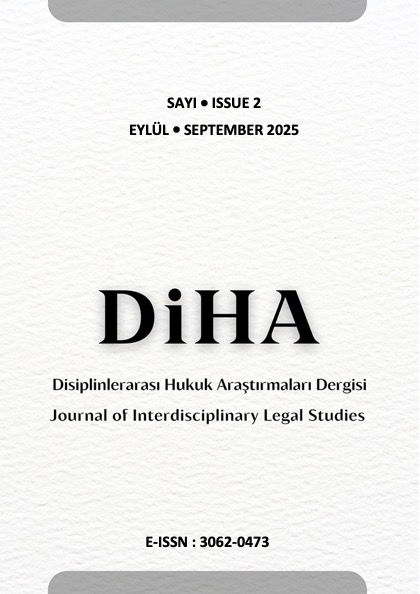Maritime Insurance Fraud and Diplomatic Corruption: The Caroline Case as Preserved in Ottoman Legal Literature and Overlooked in American Diplomatic History
DOI:
https://doi.org/10.5281/zenodo.17207806Keywords:
Hasan Fehmi, Caroline Case, Santa Catarina, Brazil U.S. Relations, Maritime Insurance FraudAbstract
Almost all significant events in the history of international law are recorded, but some, regardless of their importance, are not included in the records. One of these neglected events is the “Caroline Case”, which took place in the port of Santa Catarina, Brazil, and touched upon various areas of international law, from maritime law to diplomatic law and ship insurance fraud. Although this event is not mentioned in almost any modern international law sources, it was meticulously documented by an Ottoman statesman, Hasan Fehmi Pasha, who was far from the American continent. Hasan Fehmi Pasha documented the event in such detail that there is almost no other source that covers the subject more extensively. Pasha's interest in this matter was not a coincidence. During the 19th century, the Ottoman Empire was in a process of modernization, closely examining Western legal systems and following international legal developments. This situation clearly demonstrates how closely 19th-century Ottoman intellectuals and statesmen followed developments in international law, their deep interest in global legal matters, and their competence in this field. This example also reveals the international dimension of Ottoman legal literature, the capacity of Ottoman jurists operating in a multilingual academic environment, and their original contributions to contemporary legal debates. This also proves that 19th-century Ottoman intellectuals were an active part of the global legal network. In this context, this work aims to introduce into modern international law literature an event that is almost non-existent in 21st-century English literature and has been overlooked by modern jurists. It achieves this by using a comparative methodology to evaluate how the event was detailed in a work written in Ottoman Turkish and comparing the similarities and differences in other contemporary works that touch upon the subject.

